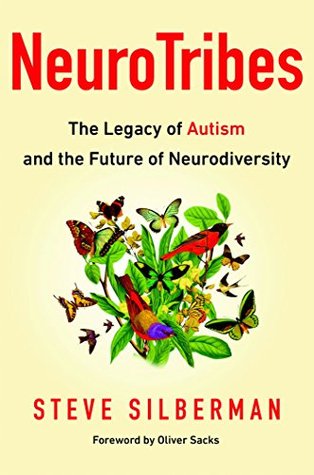More on this book
Community
Kindle Notes & Highlights
As the mainstream world had a long argument about vaccines, newly diagnosed adults were engaged in a very different conversation about the difficulties of navigating and surviving in a world not built for them. By sharing the stories of their lives, they discovered that many of the challenges they face daily are not “symptoms” of their autism, but hardships imposed by a society that refuses to make basic accommodations for people with cognitive disabilities as it does for people with physical disabilities such as blindness and deafness.
Gottfried was precociously smart, but he was apparently unaware of things that most kids know instinctively. He could see right through the polite façades and social games unfolding all around him, but didn’t know how to play them to his own advantage.
They seemed particularly disturbed by unanticipated changes in their environment and events turning out in ways that defied their expectations.
Their behavior tended to become highly regimented—as if by doing things in a routinized manner they could ward off chaos itself.
These children were bundles of paradoxes: precocious and childish, sophisticated and naïve, clumsy but formal, standoffish but lonely, attuned to the music of language but insensitive to the rhythm of reciprocal interaction.


